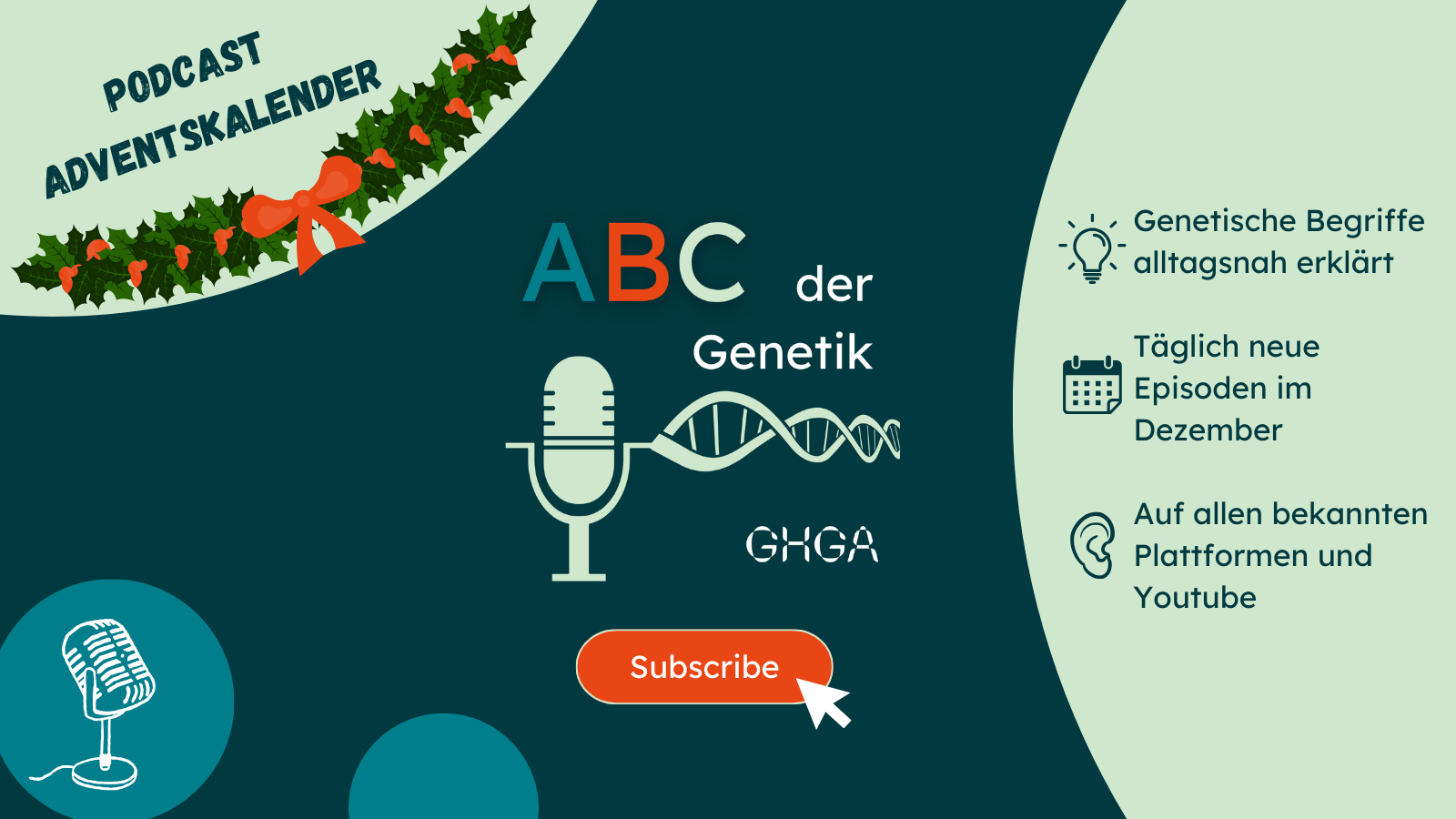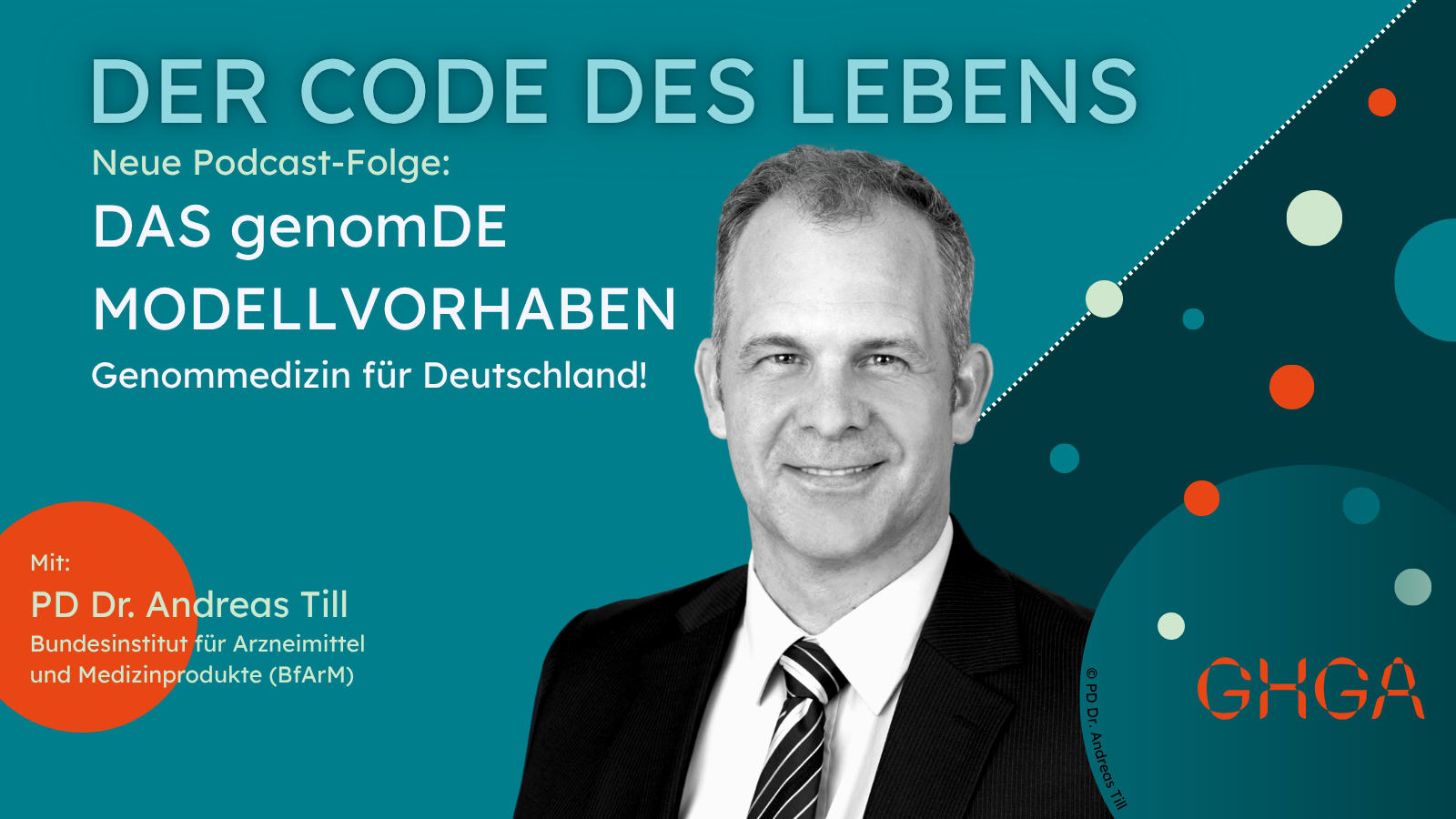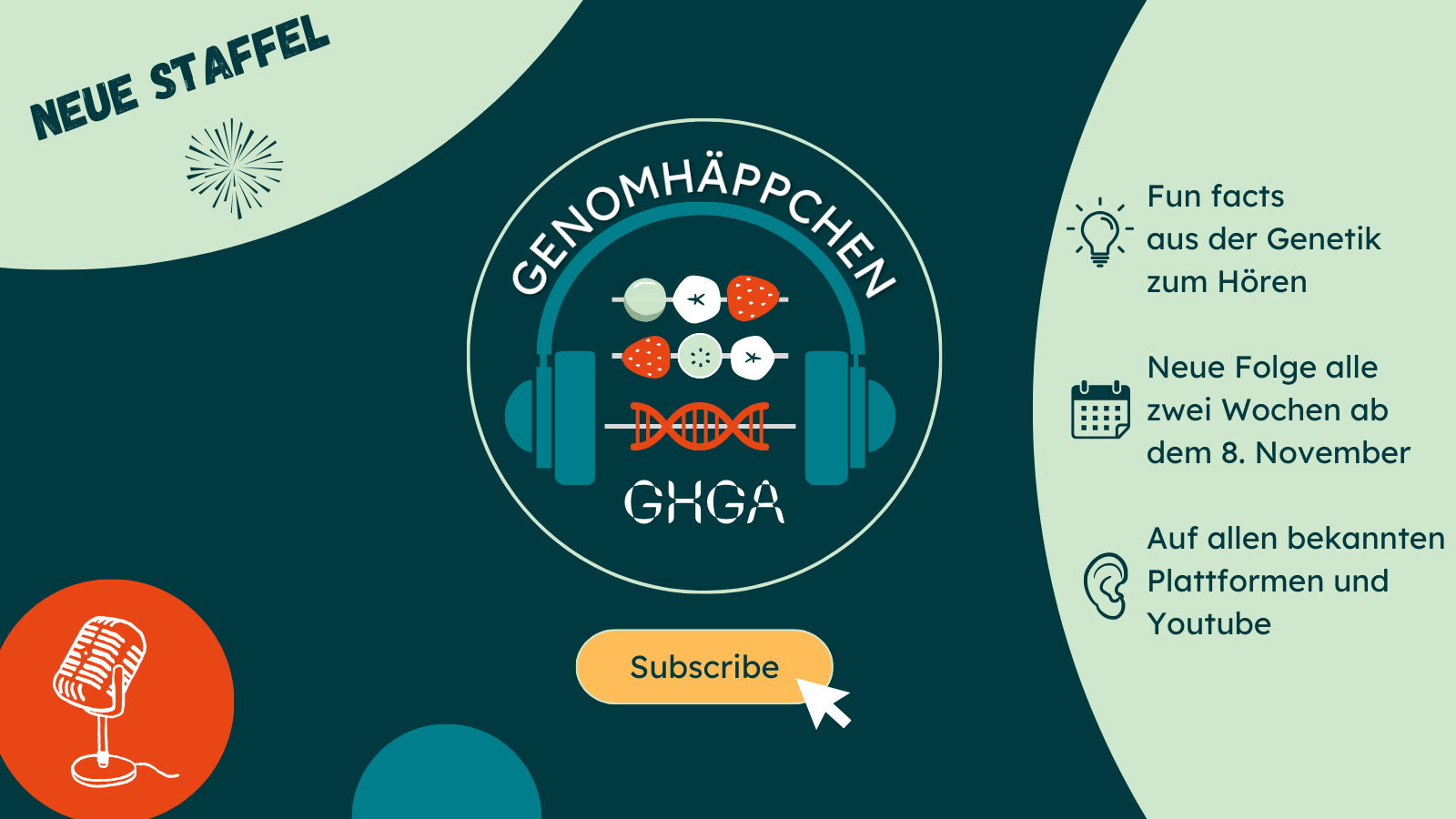
Senior Professor for Genetics and Epigenetics
Our research group focuses on the investigation of epigenetic phenomena associated with development and disease. The following research areas are of particular interest: Characterization and functional analysis of imprinted genes, Epigenetic mapping of genomes (Epigenomics), Research into epigenetic programs in stem cells, Evolution of epigenetic mechanisms. We use and develop state-of-the-art molecular methods and bioinformatic data analysis pipelines and we produce large molecular data sets in our own Sequencing Facility. As coodinator of the German Epigenome Program we significantly contributed to the first epigenetic atlas of all human cell types. We are member of the International Human Epigenome Consortium.
Arbeitsgruppe

What do terms like allele, biomarker, and Z-DNA actually mean? This Advent season, the new podcast ABC der Genetik opens a small “knowledge window” every day - clear, engaging, and easy to follow. In each episode, Prof. Dr. Julia Schulze-Hentrich and Prof. Dr. Jörn Walter explore a different genetic term and explain why it matters for health, research or everyday life. The series kicks off with alleles — the gene variants that make us unique, from eye color to blood type.
"ABC der Genetik" is a German-language science podcast from the German Human Genome Phenome Archive (GHGA).
Find all episodes and more information here.

The genomDE pilot project aims to integrate genomic medicine into standard healthcare. In the latest episode of the science podcast "Der Code des Lebens" (available only in German) published by the German Human Genome-Phenome Archive (GHGA), PD Dr Andreas Till from the Federal Institute for Drugs and Medical Devices (BfArM) explains the project’s aims, structures and open questions.
The podcast and further information are available here.

The science podcast "Genomhäppchen" is back for its second season! In short, easy digestible 5-minute episodes, you’ll gain exciting insights into the world of genomics. The first three episodes of the new season explore fascinating topics such as wine genomics, the craziest theories about the origin of life and the giant genomes of olms.
Genomhäppchen is published by the German Human Genome Phenome Archive (GHGA). The German-language podcast is published every two weeks on all commonly used platforms.
Please find further information here.
-
-
more Research
Research
-
more Publications
Publications
-
more Links
Links
-
more Contact us
Contact us
-








